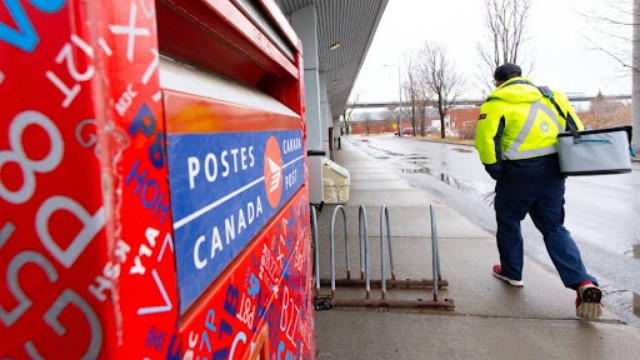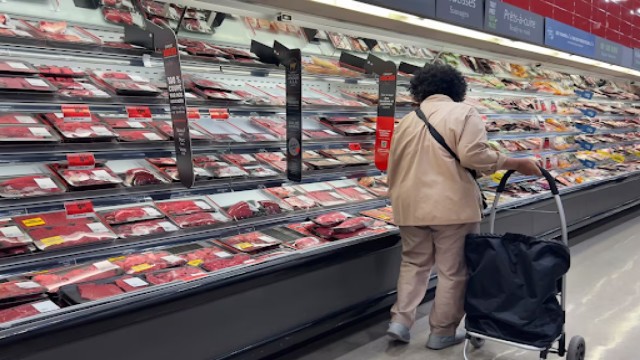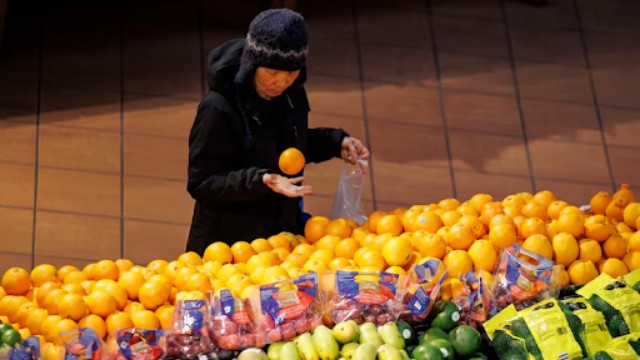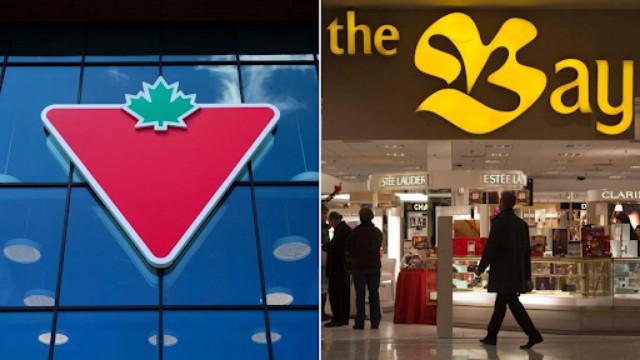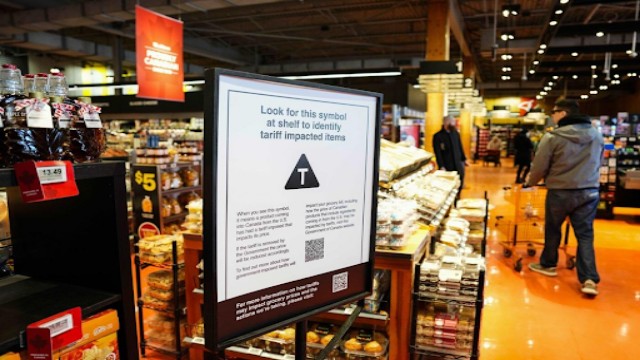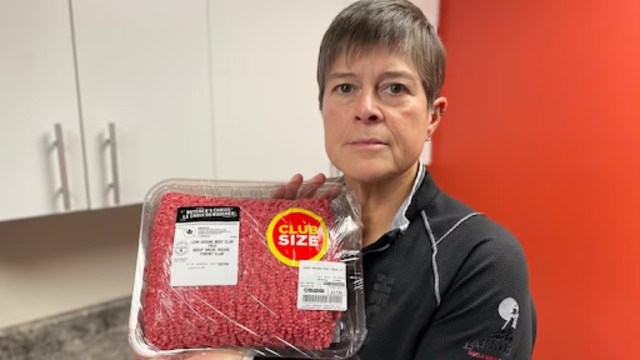
Iris Griffin filed a complaint with the Canadian Food Inspection Agency after she discovered the ground beef she bought at a Superstore in Winnipeg was underweight. The beef she's holding is not the product involved in the complaint. (Trevor Brine/CBC)
Loblaw has issued an apology after confirming that some meat products sold in its stores across Western Canada were underweighted, resulting in customers being overcharged.
The issue came to light following a CBC News investigation, which revealed discrepancies in the weight labels of certain meat products. Loblaw acknowledged that the problem affected a limited number of items in select Western Canadian stores.
According to the CBC investigation, underweighted products were found in as many as 80 stores over an unspecified period ending in December 2023. Additional instances were later identified in other Loblaw locations, as well as in a Walmart and a Sobey’s-owned grocery store. The investigation reported that price inflation due to these errors ranged between 4 and 11 percent.
The discrepancies were attributed to errors in weighing food products, where the weight of the packaging was inadvertently included. This practice contradicts the guidelines set by the Canadian Food Inspection Agency (CFIA), as noted in the CBC report.
In a statement, Loblaw explained that the issue arose during a transition to more environmentally friendly meat trays and was corrected once identified. The company emphasized that 97 percent of its stores were unaffected and that additional inconsistencies in two stores highlighted by the CBC have since been resolved.
“We apologize for these errors,” the statement read, adding that any pricing issue resulting in an overcharge is unacceptable. As a remedial measure, Loblaw announced it would provide discounts on select meat products in affected stores, though specific details about the discounts or store locations were not disclosed. Customers who spot pricing discrepancies are encouraged to report them for immediate resolution.
Sobey’s, which was also named in the investigation, responded by stating that it considers the incident isolated and has taken steps to reinforce its procedures. The grocery chain, along with Walmart, has been contacted for further comment.
The CFIA was reportedly alerted to the issue by a whistleblower and closed its case in late 2023, before newer instances were discovered. It remains unclear if the agency plans to conduct follow-up investigations.
Food economist Mike von Massow from the University of Guelph suggested that the errors were likely due to technical glitches or inadequate quality control rather than intentional wrongdoing. He warned that deliberate mislabeling could carry serious legal and reputational consequences.
“If it’s being done on purpose and we’re now calling it an accident, then it’s criminal. It’s fraud,” von Massow said, noting that such actions would be highly risky for any company.
Von Massow also pointed out that some stores sell pre-packaged meat from external suppliers, which could contribute to inaccuracies in weight. Additionally, variations in packaging weight or changes caused by freezing and thawing could also play a role, as noted by Sobey’s.
Consumers are encouraged to be vigilant and weigh their purchased products at home if discrepancies are suspected. Following the investigation, von Massow expects heightened scrutiny of weighing practices across Canadian grocery stores, as well as by the CFIA.


